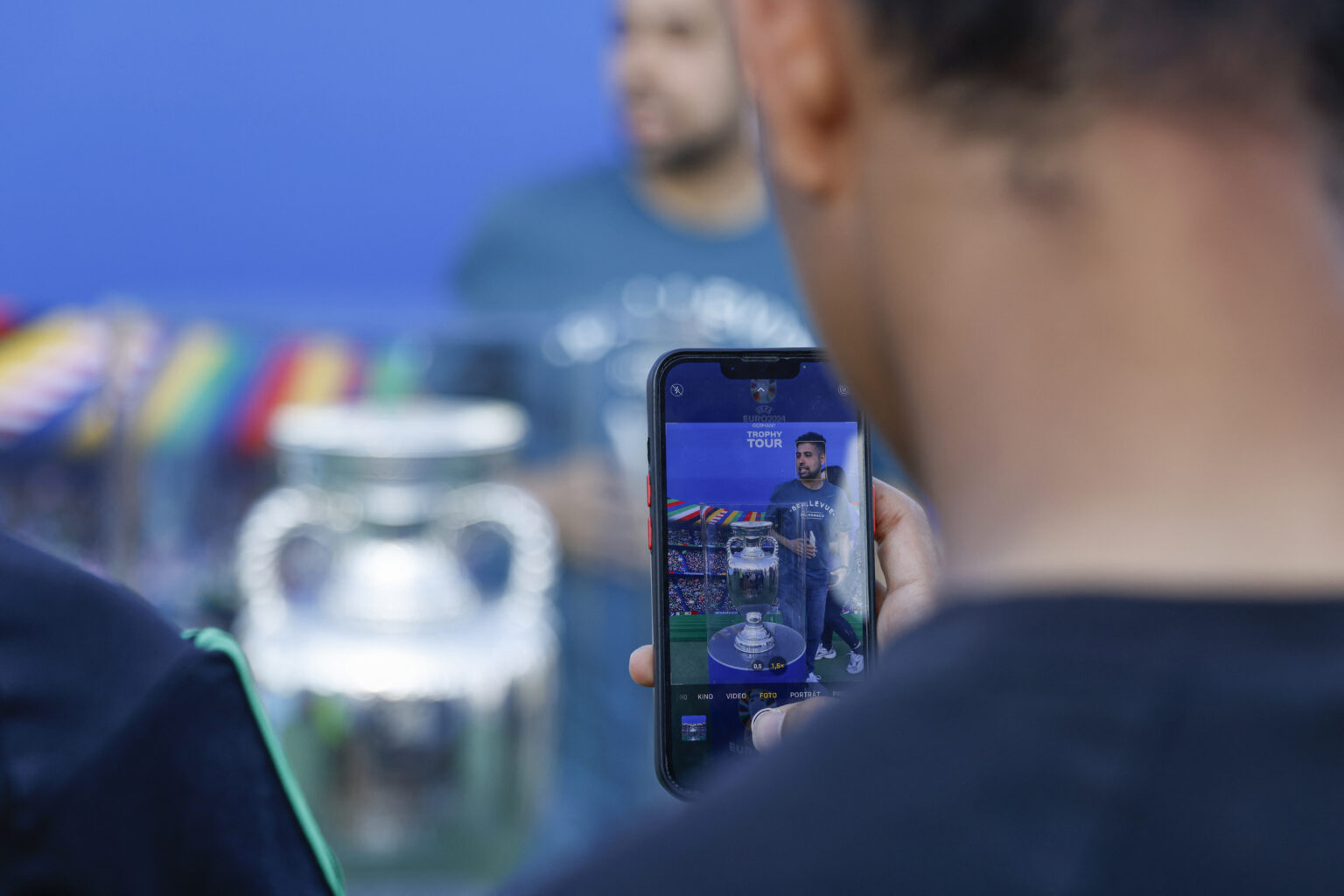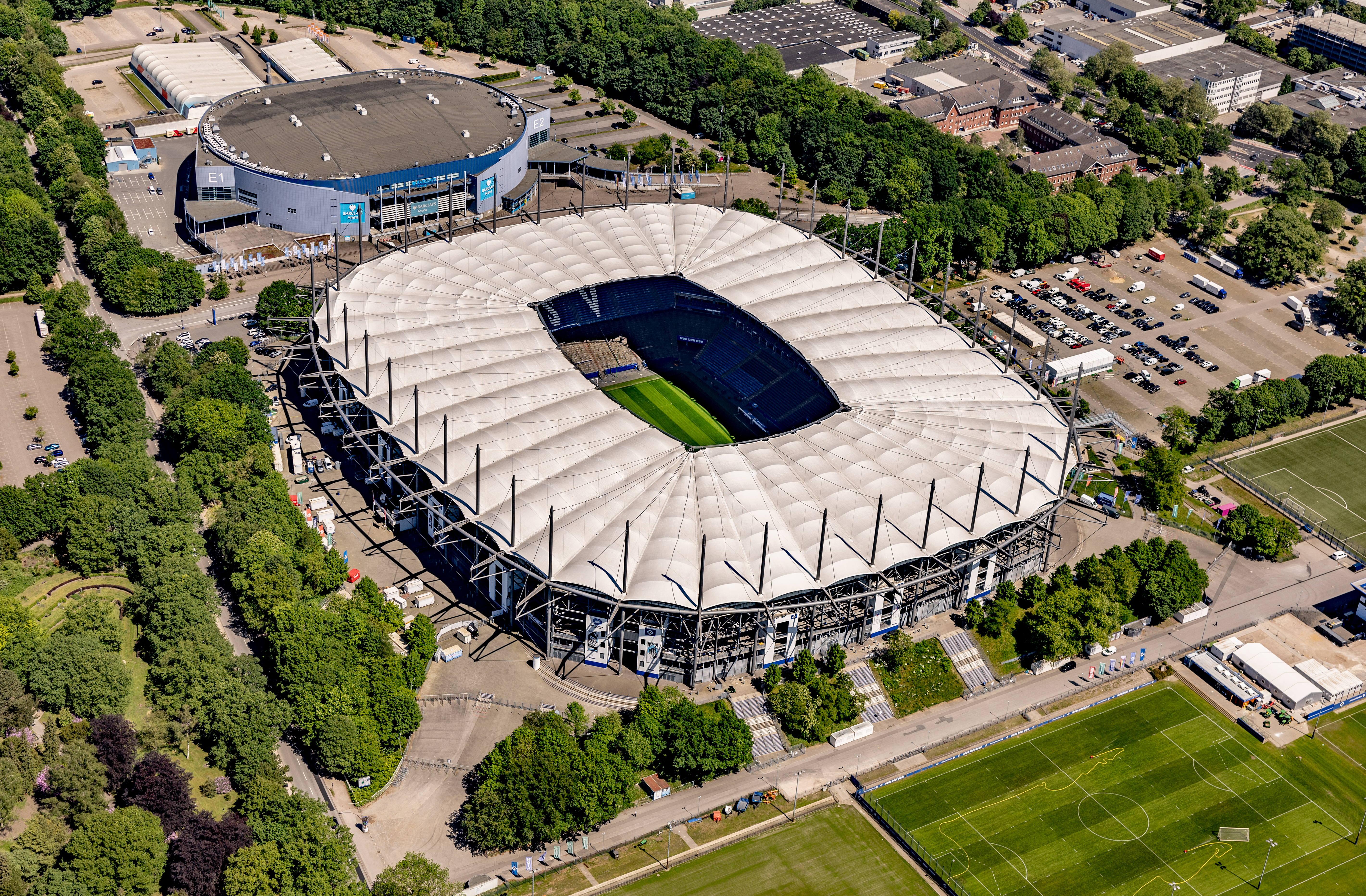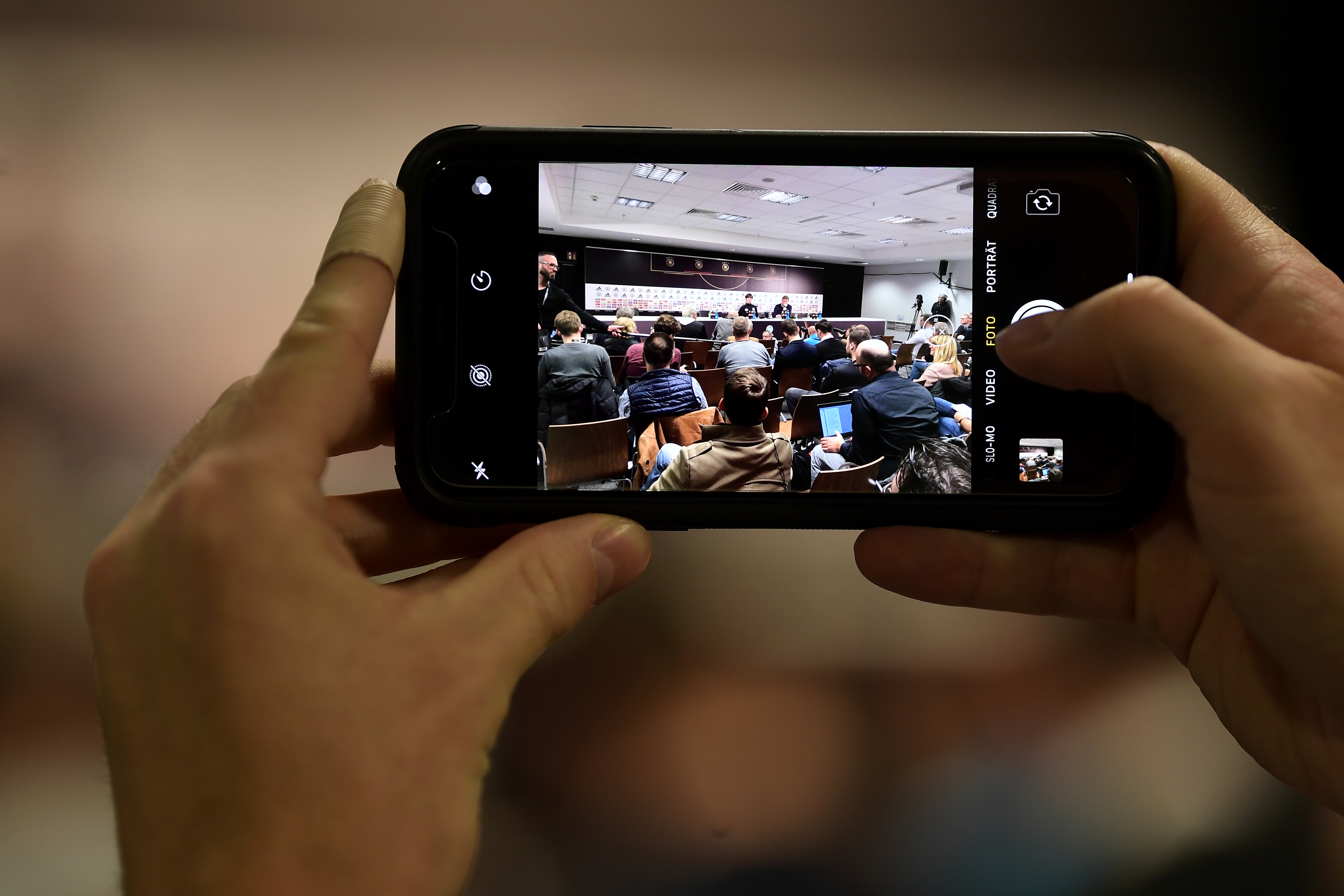
Euro 2024: Tournament set to be digitally connected like never before
The 2024 European Championship in Germany will not only be a thrilling celebration of international football but also one of the most digitally connected tournaments ever staged.
Deutsche Telekom has been working hard behind the scenes to deliver the best internet connectivity in the stadiums using fibre optics and 5G technology.
According to research from Total Sports, the firm has installed around 750 new 5G antennas in the ten stadiums which will host Euro 2024 matches this summer. Enjoy the game at süperbahis
The company has also enhanced the digital infrastructure around the tournament by creating 38 temporary coverage areas for train stations, team quarters and fan zones.

Fans benefit from massive digital upgrade at Euro 2024
The fan zones have been a key focus for Deutsche Telekom, with thousands of supporters set to travel to Germany to experience the tournament atmosphere.
Public viewings and fan zones in Berlin, Cologne, Dortmund, Dusseldorf, Stuttgart and Hamburg will get special internet coverage to ensure supporters can stay digitally connected.
“Our goal for this tournament is to provide the best network experience for our customers,” Deutsche Telekom Chief Technology Officer Abdurazak Mudesir said.
“Our network coverage is already at a very high level. During the European Championships, however, the network will be under even greater strain, especially in terms of capacity.
“Whether in the stadiums, fan zones, training grounds or at home with the fans – our networks are ready for the major event that is the European Championships.
“We have been working on this for months. Both in mobile communications and in the fixed network connection to the stadiums.”
One of the biggest challenges facing Deutsche Telekom is ensuring the network can handle the high volume of data traffic when the Euro 2024 games are staged.
Football stadiums are notorious for offering intermittent internet connectivity, but the firm has sought to address this issue by tripling the data throughput rate in each venue.
The technology will remain operational in the stadiums after the tournament, thus allowing fans of the respective Bundesliga teams to benefit from the improvements.
Media outlets will be well-catered for at the tournament
Around 65 kilometres of new fibre optic lines have been installed in the stadiums to support media coverage of the prestigious continental tournament.
A total of 53 dedicated 5G routers provide media outlets with fast mobile internet, which allows them to keep their audiences fully informed about Euro 2024.
An estimated 1,200 media representatives will attend the final at the Olympic Stadium in Berlin, highlighting the importance of the improved levels of digital connectivity.
All of the stadiums are also connected via two exclusive fibre optic lines to the UEFA International Broadcasting Centre (IBC) in Leipzig.
These are routed independently of each other to ensure that live tournament broadcasts can be sent worldwide without any problems.
Each line has a capacity of 200 gigabits per second, meaning that four terabits per second of data will arrive at the IBC simultaneously via the connections.
The signals are also transmitted via the firm’s fibre optics to each of the official fan zones, which will allow supporters to watch every game live without visiting the stadiums.

Infrastructure will be subjected to a big test on the opening day
The improved digital infrastructure will be used for the first time at the tournament on Friday, June 14, when hosts Germany face Scotland in Munich.
Fans of the home nation are guaranteed to be out in force for the tournament opener, while an estimated 200,000 Scotland supporters are expected to travel to Germany.
The opening game will provide the perfect test of Deutsche Telekom’s laborious efforts to ensure everyone who attends Euro 2024 can stay seamlessly connected to the internet.



